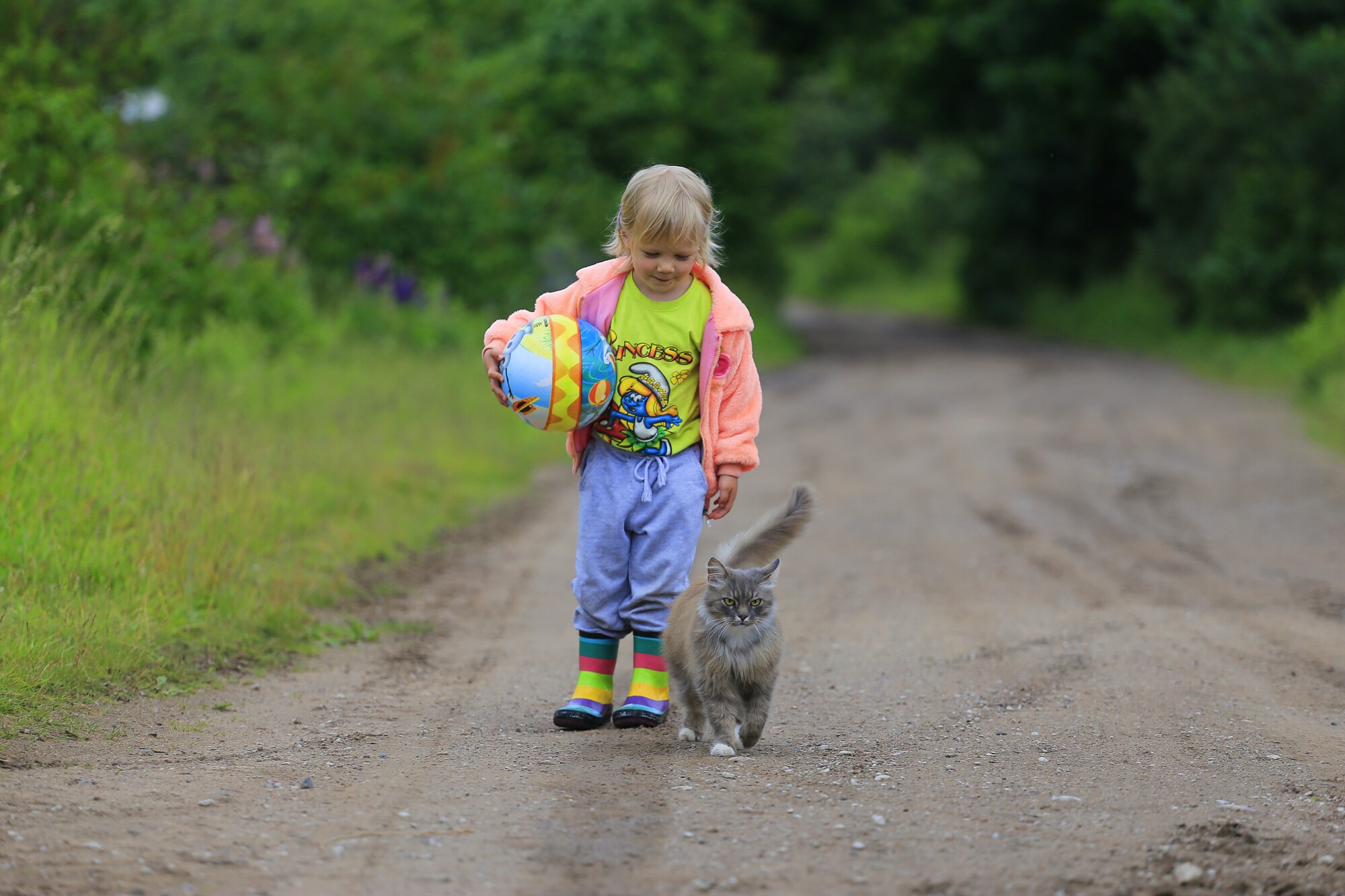Certain animal communicator theories posit that our confusion towards cats comes back to one thing—they aren’t dogs. Cats sometimes get a bad rap for being creepy, antisocial, or furry balls of evil waiting to attack at any moment.
This ignores the needs of cats, who are truly social creatures that love their owners as much as dogs do. It’s that cats have a different social structure. Humans and dogs tend towards pack hierarchy, while cats prefer looser, neighbor-like bonds.
This difference can make a huge impact on how you view your cat. They aren’t being antisocial, they view their place in the world much differently than dogs do. If a tiny piece of information can help put cat behavior in perspective, what can an animal communicator do for you?
For most people, animals communicate through body language. Owners know if something is off with their pet through their physical signals. If your cat experienced trauma or is acting up more than usual lately, it’s important to be able to communicate with them.
That’s where an animal communicator comes in. They can help make sense of animal behavior and learn what your cat is trying to tell you.
Finding an Animal Communicator
An Animal Communicator who specializes in trauma and behavioral issues, makes them highly experienced candidates for communicating with your pet. Animal communication is crucial for two reasons—to figure out what’s wrong with your cat and to be able to bond with them better.
This is especially important if your cat was traumatized. Sometimes, trauma is incurred by coming from an abusive home and being adopted by a new family. Trauma doesn’t leave animals easily.
Sometimes, cats experience trauma even in a loving home. For instance, cats display visible distress when one of their siblings passes away.
To find an animal communicator, contact them and send them a photo of your cat looking into the camera. This helps give the animal communicator the information they need to work with your cat.
Include your cats name. Write down a list of questions for your cat during the session. The animal communicator may also ask you what you’d like to achieve during the session, or messages you would like transmitted to the animal.
Most animal communicators provide these sessions remotely via zoom or phone.
Working with an Animal Communicator
Everyone’s experience with an animal communicator is different. In some cases, your communicator may tell you what to expect from their unique approach in advance.
Some will warn you that they plan to communicate telepathically with your cats. They ask that you tell your cat in advance, that way they are prepared.
This process allows the pet psychic to reach out remotely and connect with the cats.
Some people who have used animal communicators report getting information that was impossible to know without communicating with the cats. The goal of these sessions is to see what would improve the quality of your cat’s life, what trauma they have experienced, and what is sparking recent onslaughts of misbehavior.
For instance, an animal communicator may report that new surroundings are stressing your cat out. As the result of a recent move, they’re acting out in the hopes that they can soon return to their favorite place.
How can you respond to this information? Well, you can start by making sure that their routine, such as feeding times and type of food, remains unchanged. You can spend more quality time with them, which can reduce their feelings of stress.
It can also help cats to communicate what’s wrong. Sometimes, a cat may be acting oddly. It’s hard to tell if something is up with their health, or they’re trying to communicate something else entirely.
No matter what it is, it’s important to know what your pet is trying to say. That’s the priority of a good animal communicator.
Being in Sync with Your Pet
Even if nothing is wrong with your pet, it’s important to ensure that you can bond with them. For instance, some signs that a cat trusts you are when it sleeps nearby, when it sleeps with its back turned to you, and when it exposes its belly to you.
If your animal tends to bite and hiss when you come around, or just hides under the couch, something is wrong. Cats may not be as social as dogs, but they still love hanging out with their owners.
Sometimes, it can be as simple as modifying your behavior. For instance, when your cat rolls over on its back, it’s not always a request for belly rubs! It could be just a sign of trust.
If your cat can trust you, they will start to feel much more comfortable. This allows them to relax in their home environment, which is a big deal for the health and happiness of most pets.
However, it’s easy to approach the role of an animal communicator with skepticism. After all, what if it’s a bunch of malarkey?
We’ve all seen someone who was able to bond with pets in a speedy fashion. Some people have the gift of connecting with animals—which is why trusting their instinct is so important.
Trusting Your Animal Communicator
As humans, we rely on instinct. It’s what helps us get a sense of what’s ‘off’ about a weird stranger, or helps us pick the moment to pitch a new proposal.
This instinct is what an animal communicator relies on. They sense what’s up with an animal, and trust their own innate gifts to do the rest. Depending on how talented your pet psychic is, this can be a big deal when it comes to a traumatized or misbehaving cat.
If you’d like to connect with a top-notch animal communicator today, reach out to us! We’d be happy to help.




